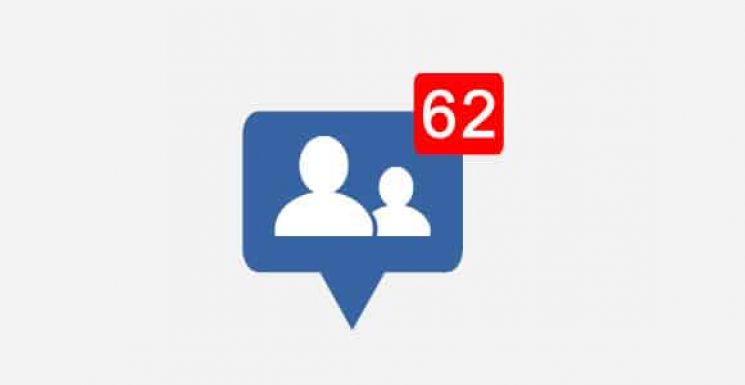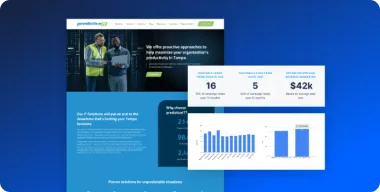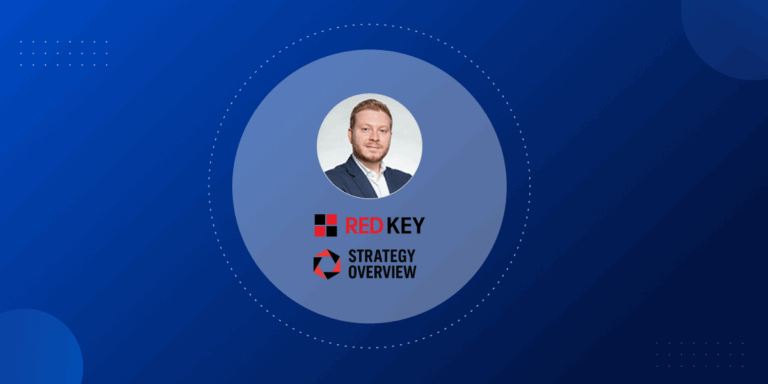Creating a Facebook Group
Groups are created by going to facebook.com/groups/create and filling out information about the type of Group one wishes to create. A group can be open to specific networks or all Facebook users. There is the option of setting join permissions on groups making them open to anyone, closed where joining is done with the approval of an administrator, or secret where joining a group is by invitation only.
Groups are managed by administrators who approve joining applications or send out invitations to join through email and Facebook mail. Public groups can be found through a Facebook search. With these privacy settings, Facebook Groups are analogous to offline clubs.
After creating a Group, you build it to grow;
- Facebook groups are great for bringing together a team, committee or organization. However, be mindful when adding members because once added, one can’t opt out. It is polite to first ask. Also, decide whether your Group will be an open, private or closed one.
- Set guidelines to mentor and share them with members as a document or post updates so members know what they can and can’t talk about. Appoint at least two administrators to welcome new members and gather feedback.
- Come up with an intro blurb that outlines the goal of the Group so that first-time visitors can understand it. The blurb will be seen on the right so members can always access it.
- You can share documents using the ‘Document’ function available in Groups for publicizing special projects such as product launches. This helps in keeping content in place as the documents can be retrieved for future usage.
- Make use of your Group List on the left of your personal Facebook profile. Here you can see all your Groups and any notifications.
- Facebook Groups can also help in forging and maintaining business networks by allowing you to stay connected and checking in with your Groups.
- You can choose to have notification alerts from your favorite groups. On the other hand, you may also customize the settings to block notifications from coming through so you can check them when you choose.
When to use Facebook Pages and when to use Facebook Groups – A number of factors should guide the choice.
Facebook Groups and Facebook Pages are separate features within Facebook, each of them functioning independently that can help fulfill different aspects of your marketing campaigns. As each allows different approaches in reaching out to your audience or build an awareness for your brand.
Facebook Pages make it possible to make such connections to favorite brands and personalities and show Facebook friends what one is interested in. Recommendations of the same can also be made by adding Pages to a personal profile. When a user becomes the fan of a brand, personality or product, the information appears on their wall and can be seen by their friends. A user can also see the Pages their Facebook friends are fans of using the ‘info’ tab on their profile. A fan page is created by going to facebook.com/groups/create to creating a new page.
Personal or business
Group have security features and size limitations that make them ideal for personal interaction. Groups can only send email blasts if they have 5,000 or less members. They are connected to administrators directly so they reflect on them as individuals. Facebook considers Groups an extension of personal actions. Pages don’t give the name of the administrator so they are thought of as a person.
Email or updates
Groups with 5,000 members or less can send messages to members through their inboxes. Page administrators can update fans through a Page and updates are seen in the ‘Updates’ section of members’ inboxes. Updates can be sent to an unlimited number of fans and there are no limits to the fans a Page can have.
User control
Groups wield more control thanks to permission settings that allow administrators to approve members or not and allow or deny them access. With Pages, access can only be limited by age and location which make Groups more of a private club.
Applications
Pages can host applications so they can be personalized and have more content. This is not possible with Groups.
Moderation
There is no moderation with either Groups or Pages. Both can only be a bit granular about how posting is done, who can post, and the kind of media that can be posted. Spam on a Group or Page has to be removed manually and only by specific members.
Creating events
It is possible to create related Events both on Groups and Pages. They are seen under the users’ Request or their Upcoming Events page if an RSVP is send out.
Advertising
It is possible to promote both Groups or Pages by purchasing ads. However, Pages can be enhanced with social ads that makes the connection between a Page and an individual user public.




